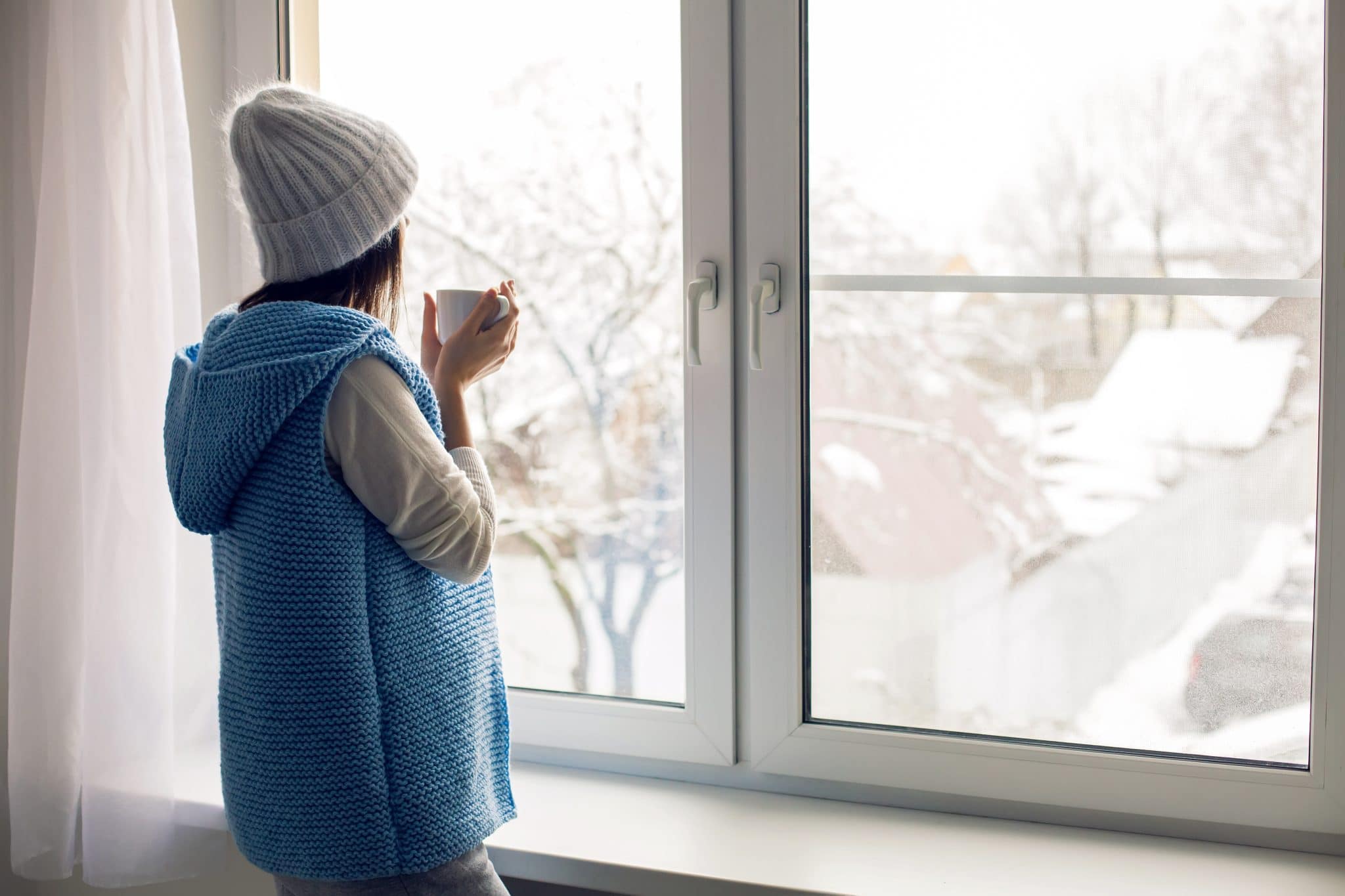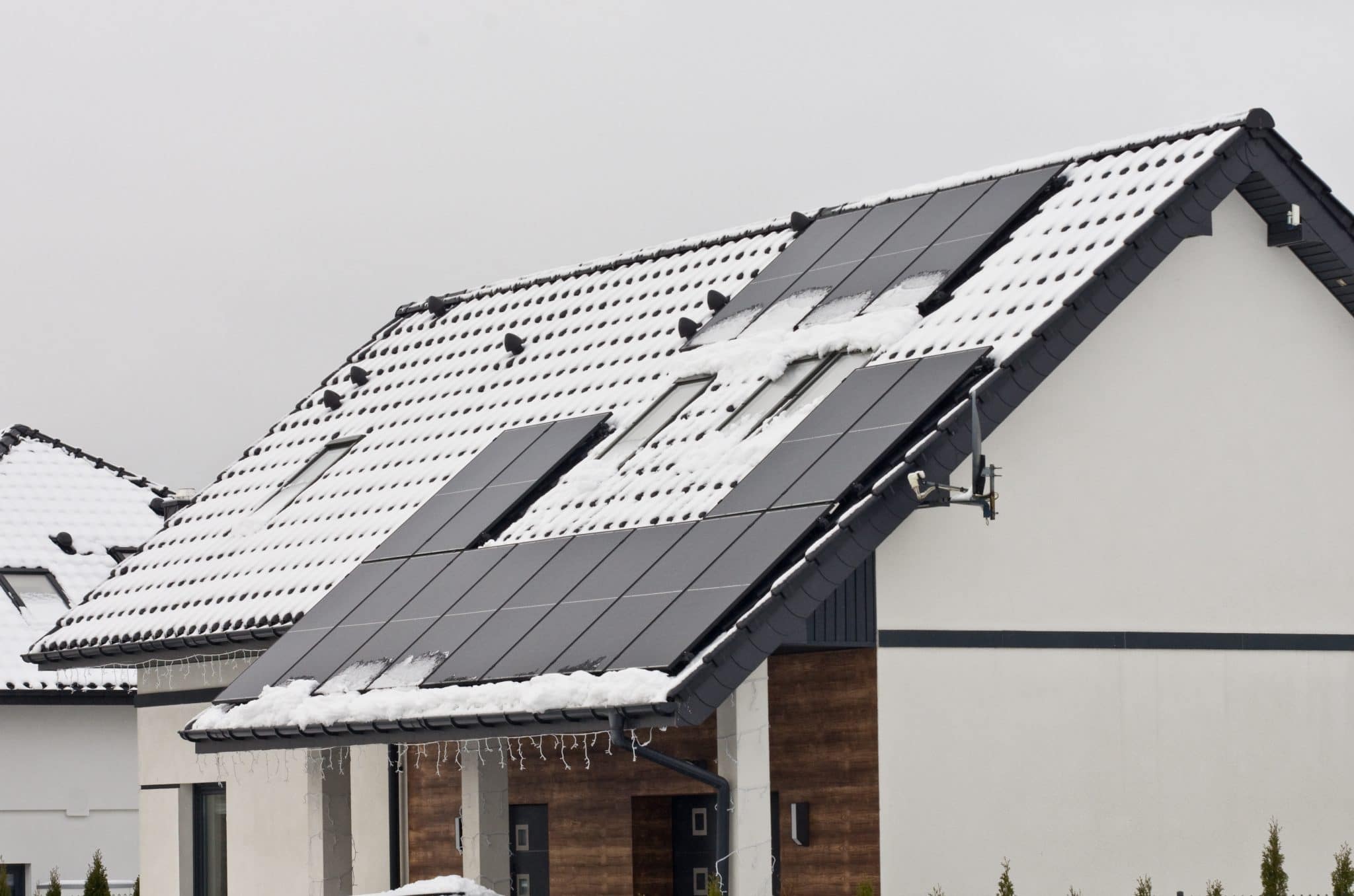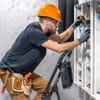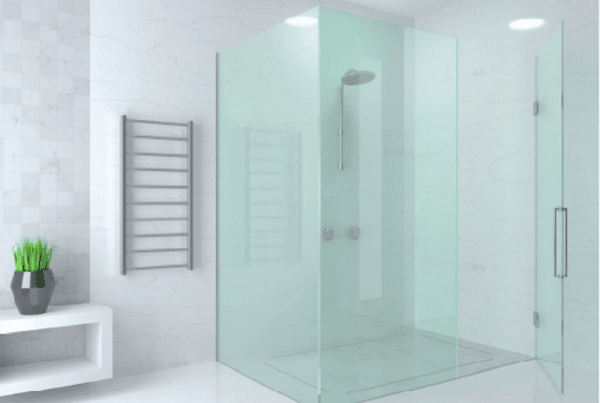All homes prepare for extra safety during winter. This may include checking and repairing insulation, heating system, gutters, and drainage. However, solar-powered and off-grid homes need more extensive preparation.
Homeowners relying on solar power systems as the primary energy source may face greater challenges during winter. The lack of sunlight may cause a shortage of electricity, leading to the failure of the heating system. The inadequacy of power may also limit the use of essential home appliances. To avoid all these inconveniences, homeowners must be extra prepared.
To equip you with some life-saving tips, here’s a guide on how to prepare your solar-powered home for the winter.
Adjust The Solar Panel’s Positioning
The main challenge during winter is the lack of sunlight. Suppose your home is relying solely on solar power throughout the year. In that case, you’re already aware of where to position your panels to get enough energy.
Adjusting the solar panels towards the direction of the winter sun helps you gain more energy for consumption. Residential renewable energy solutions services available in your area may offer to reposition the panels for your convenience. They may also inspect the current condition of your system to see if there’s a need for cleaning and repair.
When your solar panels are in the right location, you can ensure you’ll have enough power for the winter. However, if this is your first time relying on solar power, it’s best to have backup plans.
Check Your Home Insulation
Before winter comes, you have to ensure your insulation is working at its best. Keeping your house insulated is one way to maximize the electricity generated by your solar system.
A home with proper insulation is easier to keep at the right temperature. If you’re using an electric heater, you’ll consume less energy in keeping the house warm. You can easily hold the cold air out and keep the warm air circulating in the space.
You may start your home inspection by the end of the summer. This way, you’ll have ample time for insulation repair or replacement if necessary.

girl in a white hat and blue vest standing with a mug of tea
Set Up A Backup Battery System
Winter may bring severe issues, especially for solar-powered homes. Even if you’ve never experienced a power shortage throughout the year, the cold season requires you to set up some backup batteries to be prepared for the worst scenario.
Your solar system comes with batteries upon installation. However, it’s best to purchase some extra for winter. The abundant sunlight is more than enough to empower home appliances during spring and summer. You can store the excess energy in the backup batteries for gloomy days.
The amount of energy your solar panels can harvest depends on your location. If you’re located in a sunny region, you can entirely rely on solar power. In contrast, living in cloudy places may require more solar panels and batteries to ensure you’ll have enough electricity for your home.
Prepare A Power Generator
Even if you’re confident that your solar system will be enough for the winter, it’s best to have another backup. Purchasing a power generator helps you brave the season. Doing so will give you another option to keep your home running as-is.
A power generator is an essential backup for every home, on-grid or off-grid. It enables the usage of primary home appliances like the refrigerator and air conditioner to keep you safe and comfy during winter. If you have a larger home, it’s best to prepare a generator with higher wattage to keep everything running despite power outages.
Moreover, a power generator is necessary for those working from home. If your solar batteries run out of electricity, you can stay productive. It’s also an efficient life-saver for family homes with greater energy consumption.
Reduce Your Overall Electricity Consumption
Solar power systems allow you to save energy for cloudy days. While you can max out your electric consumption on sunny days, you can also choose to reduce it to make sure you’ll have enough for winter.
To reduce your energy consumption, switch to power-saving appliances. Finding alternatives like an inverter refrigerator and air conditioner can help you save electricity. Also, switching to dimmable LED lights is an excellent option that doesn’t require compromising comfort.
In addition, you may also use a gas stove and oven. Cooking is something you can’t compromise since going out to eat can be impossible some winter days. Switching to gas helps you provide fresh, home-cooked food for yourself and your family.
Use A Propane Heater Or Wood Stove
A heating system is an essential factor in your home during winter. You have to keep everyone warm and cozy to avoid catching a cold.
You may prepare a propane heater or a wood stove as an alternative to an electric-powered HVAC system. These two options can keep you warm even during the coldest days. You may also use propane to power your gas stove.
If you’re using a wood stove, you must prepare some firewood. Most wood stoves can also be a secondary cooker for preparing porridge and soups.
Conclusion
Preparing for the winter is one of the most daunting tasks for homeowners relying on solar power. However, it can also be an incredible journey as you learn more life-saving hacks.








